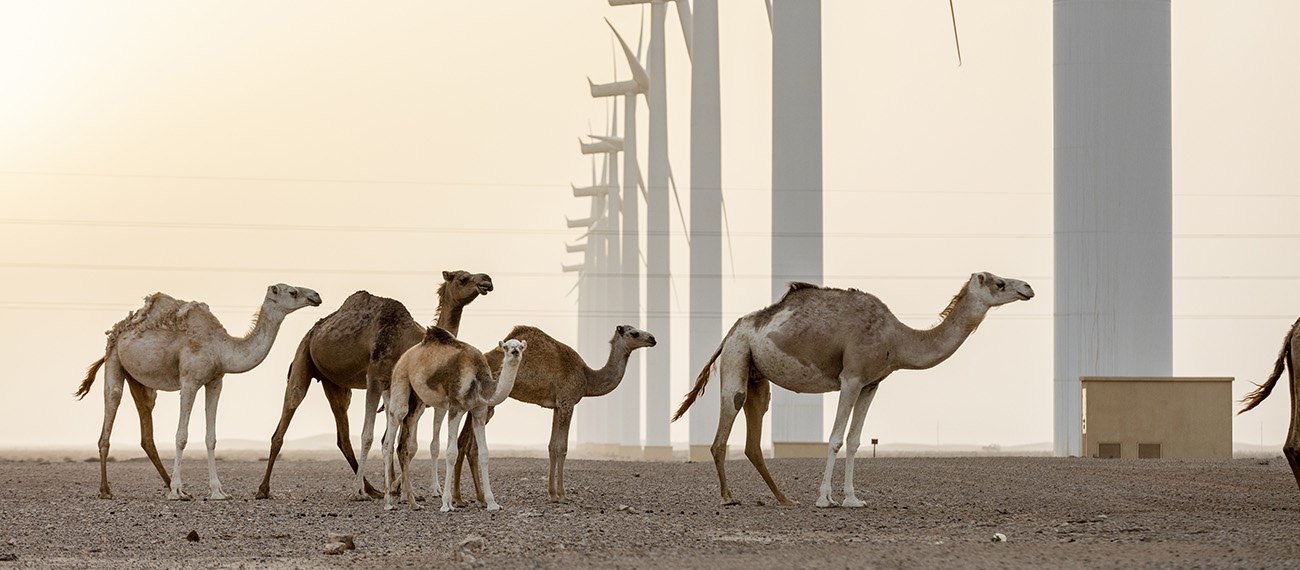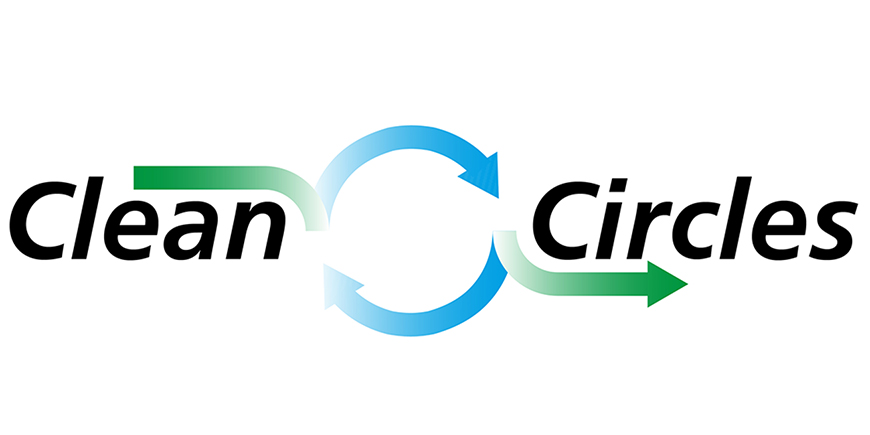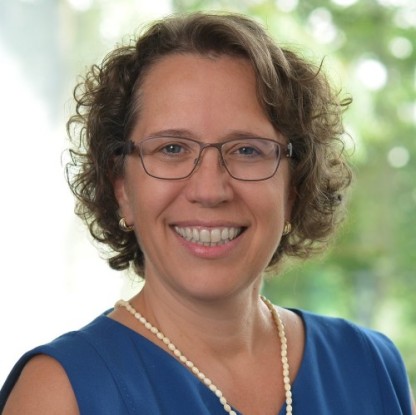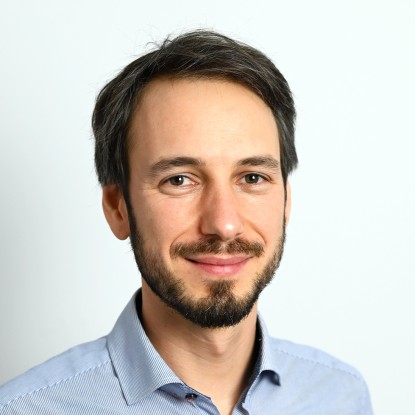The introduction of a new storage technology not only leads to technical challenges, but also places high demands on the coordination performance of political systems. If such a technology is to be assessed as “wanted” politically, the political complexity associated with it must be taken into account. The technology of iron as an energy carrier to be researched by Clean Circles, whose later implementation requires locations such as southern Europe or northern Africa, causes a high degree of complexity on the political side. This arises from the fact that, on the one hand, a multitude of policy fields (energy, innovation, regional, migration policy, development cooperation) and thus administrative units and, on the other hand, several levels (regional, national, European up to the international level) are affected. The complexity lies in the interdependencies between the actors and between the levels that have to be dealt with simultaneously.
The Tarfaya Wind Farm (see image above), opened in 2015, was built in just two years. Its 131 wind turbines line up on an area of more than 100 square kilometres in the Sahara. Together they generate enough energy to power a city the size of Marrakech every day.
These complex interdependencies require a high degree of horizontal (across policy fields) and vertical (across levels) coordination within the political decision-making processes as a solution to the problem. For example, it will be examined how policy integration is already taking place in the course of intersectoral, inter-agency governance, or how a shift from “negative coordination” to “positive coordination” across the ministries concerned could be made in order to better establish iron as a carbon-free energy source. The governance of the hydrogen strategy of the German Federal Government can be chosen as a suitable case for investigation, because it contains all the elements that are also relevant for Clean Circles technology. Experiences from the formulation, decision-making and current implementation of the hydrogen strategy should be processed and made usable for governance research. On this basis, conditions for policy learning and policy transfer in the field of storage technologies can be formulated, making it possible to transfer the findings to the specific technology of Clean Circles.
Scientific challenges:
- Strategies/Instruments for and coordination of storing technologies in Germany
- Identification of relevant actors in German governance of sector coupling (new storage technologies)
- Exemplary analysis of the hydrogen strategy (Germany) provides insights into storage technologies
- International economic cooperation with North-Africa (e.g. Morocco) and Southern Europe (e.g. Spain)
- Strategies, Instruments for and coordination of storing technologies in the EU
- Identification of relevant actors in European governance of sector coupling (new storage technologies)
- Exemplary analysis of the hydrogen strategy (EU) provides insights into storage technologies and coordination mechanisms
- European economic cooperation (e.g. Spain) and international cooperation (e.g. Euro-Mediterranean Partnership, Morocco)
- Specific Governance Challenges for policy transfer
- Actor constellations in the field of supply, demand, and infrastructure in comparison with hydrogen (e.g., power plants, transport, specific political actors in development aid and international cooperation etc.)
- Conditions and options for policy design
- Examination of conditions of policy design in the case of the new technology
- Development of policy options and formulation of policy recommendations




